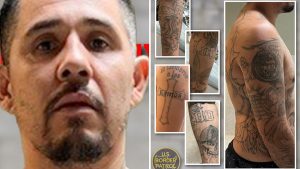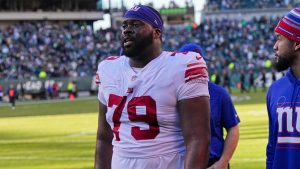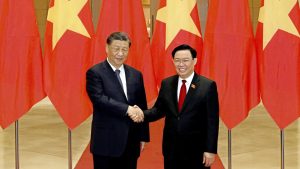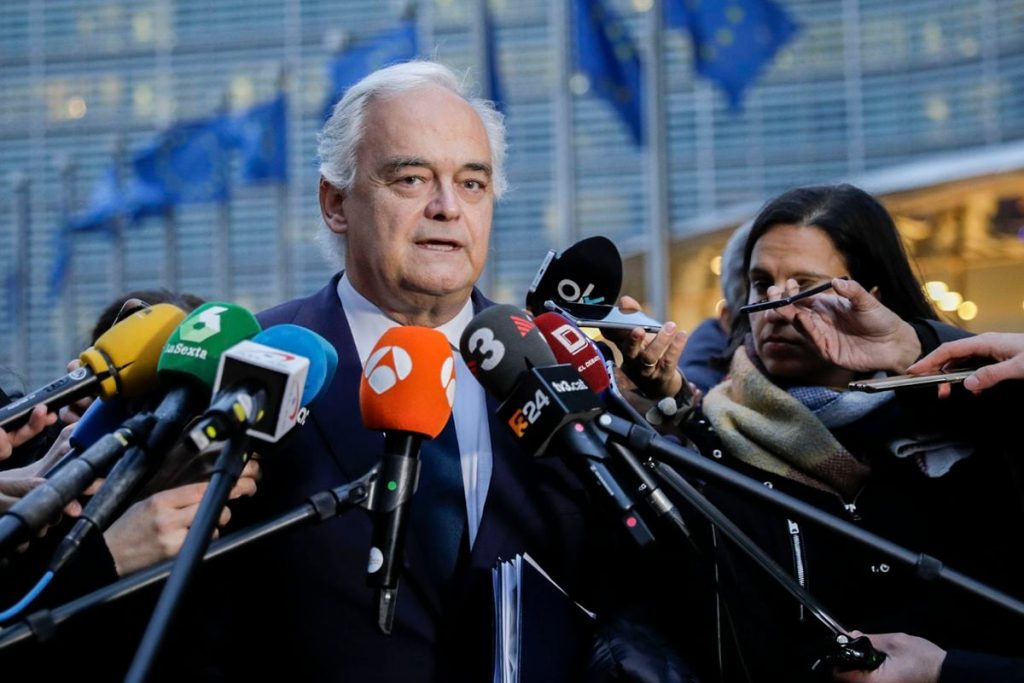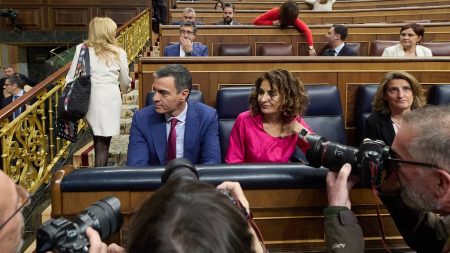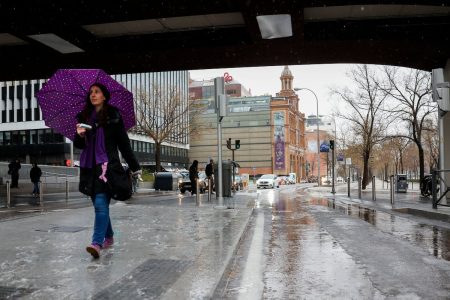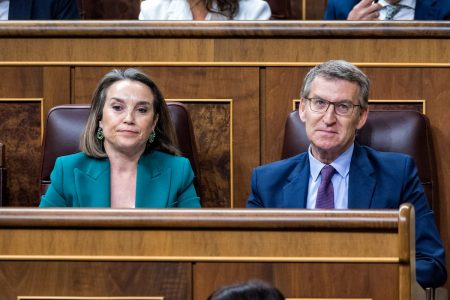Esteban González Pons, the Institutional Vice Secretary of the PP and a trusted figure of Alberto Núñez Feijóo, has been appointed as the director of the party’s campaign for the upcoming European elections. This appointment means that González Pons will not be the number one candidate for the European Parliament, a position that Feijóo has not yet confirmed. It is possible that Dolors Montserrat, the current head of the European delegation, may be chosen to lead the campaign, or the party may opt for a surprise candidate. González Pons is expected to be on the list for the European Parliament, even if not in the top position, as Feijóo wants one of his close advisors to remain involved in national politics.
González Pons will preside over the first meeting of the PP’s campaign committee for the European elections, without a confirmed candidate yet. Feijóo has chosen him for this role due to his experience in European politics. A spokesperson for the EU Affairs Committee and a member of the Justice and Defense Committees, the Valencian politician has also been the Vice President of the European People’s Party since 2022. Two years ago, Feijóo appointed González Pons as the Institutional Vice Secretary of the PP, entrusting him with sensitive issues such as the renewal of the General Council of the Judiciary, which has been stalled for over five years.
Feijóo’s decision not to appoint González Pons as the top candidate for Europe, if confirmed, is not a sign of waning trust, but rather a desire to keep him involved in national politics. A prominent position in Europe would have been incompatible with maintaining his current responsibilities within the PP leadership. The leader of the PP has not yet finalized his choice for the European elections, with Dolors Montserrat being considered a potential candidate along with other surprise options. Montserrat, who was appointed as the campaign director for the Catalan elections by Feijóo, is seen as having a crucial role in boosting support for the PP in Catalonia.
There is a possibility that Montserrat could be named as the candidate for Europe during the Catalan campaign, providing her with a platform to strengthen her position for the European elections. The decision regarding the candidate for the upcoming European elections has not been finalized. Feijóo is keeping his options open and is considering various potential candidates, including González Pons and Montserrat. The party’s leadership is looking for a candidate who can effectively lead the campaign and secure support for the party in the upcoming European elections. The final decision will be made based on strategic considerations and the needs of the party as it prepares for the elections.




